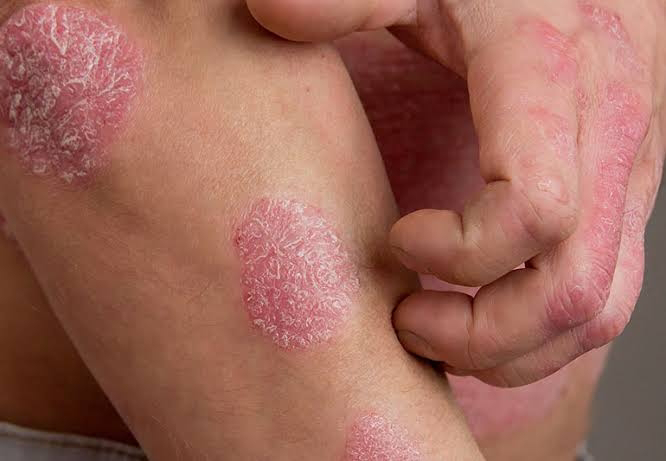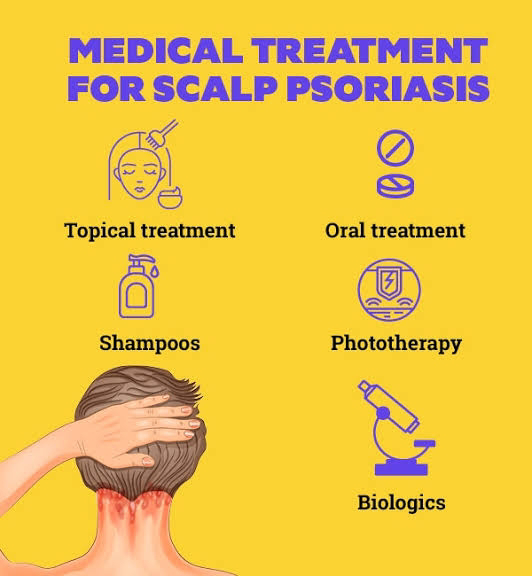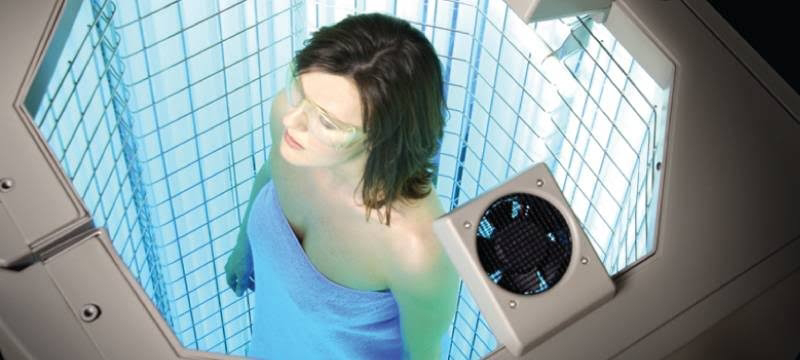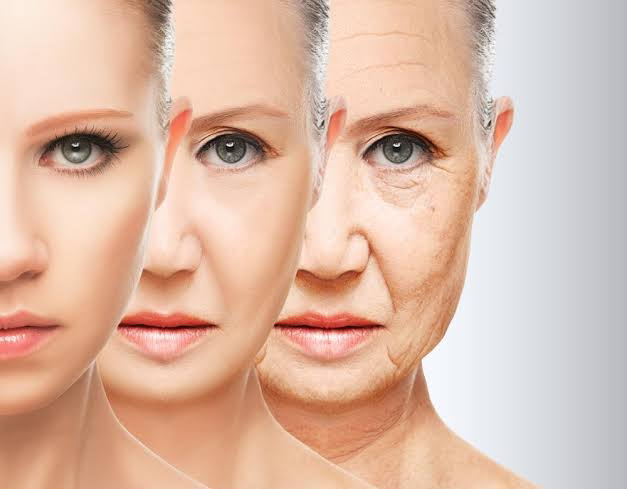All About Psoriasis
1)
What is psoriasis?
·
Psoriasis is a common, chronic skin disease
which sometimes also involves nails and joints. It affects up to 2% of the
world population.
·
Psoriasis is not a life-threatening disease
generally but recurrences are common.
·
Psoriasis is a disease which is treatable and
can be effectively and completely
·
controlled but is not curable.
2)
How one can get psoriasis?
·
The exact cause of psoriasis is not known. It is
a complex interplay between genetics and immunology.
·
Genetic susceptibility and environmental factors
are responsible for disease.
·
Normally the epidermis or outer layer of skin is
continuously replaced and it takes place in three and four weeks. There is
increased turnover of skin cells in psoriasis so that the skin cells are formed
and shed within a week.
3)
Is psoriasis hereditary? Is psoriasis
transmissible to family members or contacts?
·
Psoriasis is a multifactorial disease.
·
It can be inherited, but the mechanisms are
complex.
·
It is not necessary that children of affected
parents will develop psoriasis but there is a higher chance of developing
psoriasis compared to children of non-affected parents. If one parent is
affected, then the chance of developing psoriasis in the child is approximately
15% and chances are increased to 40 % if both parents are affected.
·
Psoriasis is not an infectious disease and
cannot be transmitted by contact.
4)
What factors can aggravate psoriasis?
·
Many factors are known to aggravate psoriasis.
·
Infections - sore throat and HIV infection can
trigger psoriasis.
·
Certain medications such as antihypertensive
drugs (beta-blockers), anti-malarials (chloroquine), pain killers, medications
for psychiatric illnesses (lithium) and withdrawal of systemic corticosteroids
can aggravate psoriasis.
·
Physical trauma and mental stress can trigger
psoriasis.
·
Cold climates and winters commonly aggravate
psoriasis in most cases, but some patients may have summer aggravation.
·
Alcohol intake and smoking can aggravate the
disease.
·
Obesity and decreased physical activity are well
known aggravating factors for psoriasis as well as other co-existing diseases
with psoriasis.
5)
How does psoriasis manifest? Which areas of body
are affected by psoriasis?
·
Psoriasis presents as well demarcated, elevated,
scaly, reddish, itchy skin lesions mainly on outer aspects of upper & lower
limbs, palms & soles and scalp.
·
If psoriasis affects the hands and feet, painful
fissures (cracks) can develop and these can affect use of the hands and
walking. Severe psoriasis on the body can also develop cracks which are painful
and can bleed.
·
Trauma prone area of the bodies are commonly
affected.
·
Psoriasis may involve any site of the skin.
Patients may have a single lesion or involvement of the whole body.
Occasionally, patients may develop tiny pus filled lesions.
6)
What should one do if he/she gets psoriasis?
·
If one gets psoriasis, he/she must consult a
dermatologist.
·
Don't self-medicate or take treatments from
untrained physicians.
·
Improper or wrong treatments may make psoriasis
unstable.
7)
Are there any tests to confirm psoriasis?
·
A dermatologist can easily confirm the diagnosis
based on the appearance of skin lesions. No laboratory tests are usually needed
for diagnosis.
·
A skin biopsy or a small sample of the skin
tissue may be needed to confirm the diagnosis in doubtful cases.
·
Blood tests may be recommended to check out for
co-existing diseases or when systemic medications are indicated.
8)
Which diseases can be associated with psoriasis?
·
Psoriasis, particularly moderate to severe
psoriasis, is associated with an increased risk of anxiety, depression and
harmful use of alcohol.
·
Moderate to severe psoriasis increases the risk
of heart disease and stroke and treatment of psoriasis may reduce this risk.
·
Psoriasis can also be associated with diabetes,
obesity, venous thromboembolism, inflammatory bowel disease, high cholesterol
and high blood pressure.
9)
How can psoriasis be treated?
·
Psoriasis can be treated by topical medicines,
phototherapy and/or systemic drugs depending upon the severity of the disease.
·
Most people need to try different treatments or
combinations of treatments before they figure out what works best.
·
Regular use of moisturizers and managing the
aggravating factors play an important role.
·
Topical moisturizers, steroids, keratolytic
agents, vitamin D analogues and immunomodulators are the chief treatment
options in limited diseases. Tar based, ketoconazole and keratolytic based
shampoos are helpful in scalp involvement.
· Phototherapy with PUVA, narrow band UVB or targeted therapies with excimer light are effective options. A course of treatment usually takes about 8-10 weeks and will require treatment sessions two to three times a week. This usually means attending a phototherapy unit in a hospital.
·
Systemic drugs such as methotrexate, acitretin,
cyclosporin, apremilast are recommended in severe cases and extensive disease.
·
Biological agents such as etanercept,
infliximab, adalimumab, ustekinumab and secukinumab can be used in cases that
are unresponsive or difficult to treat.
·
All medications should be taken under the
supervision of a dermatologist and proper follow up with maintenance treatment
is mandatory.
10) Can
psoriasis be cured? Can psoriasis recur?
·
No. Psoriasis is treatable but not curable.
·
Yes, psoriasis can recur.
11) Can a
person with psoriasis marry?
·
Yes. Psoriasis affected person can marry and
have children.
·
Psoriasis is not a contagious disease.
12) What are
the life style modifications to be adopted by patients with psoriasis?
·
Weight reduction
to ideal body weight.
·
Physical exercise.
·
Limiting alcohol intake.
·
Quit smoking.
·
Biofeedback and cognitive behaviour therapy for
reduction of stress level.










Comments
Post a Comment